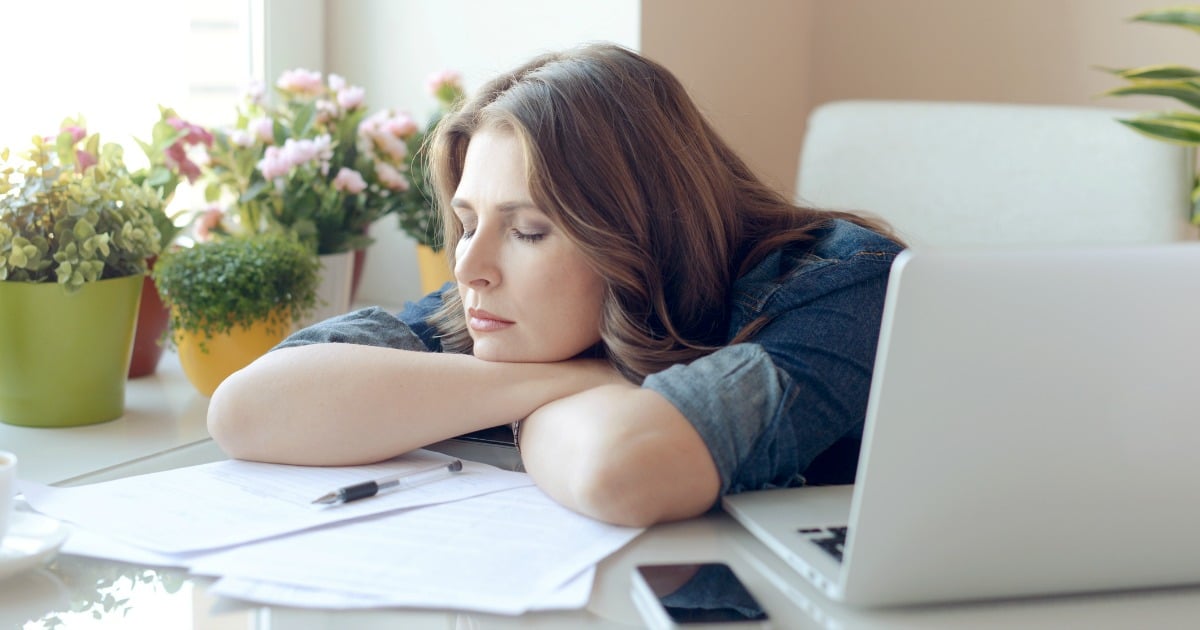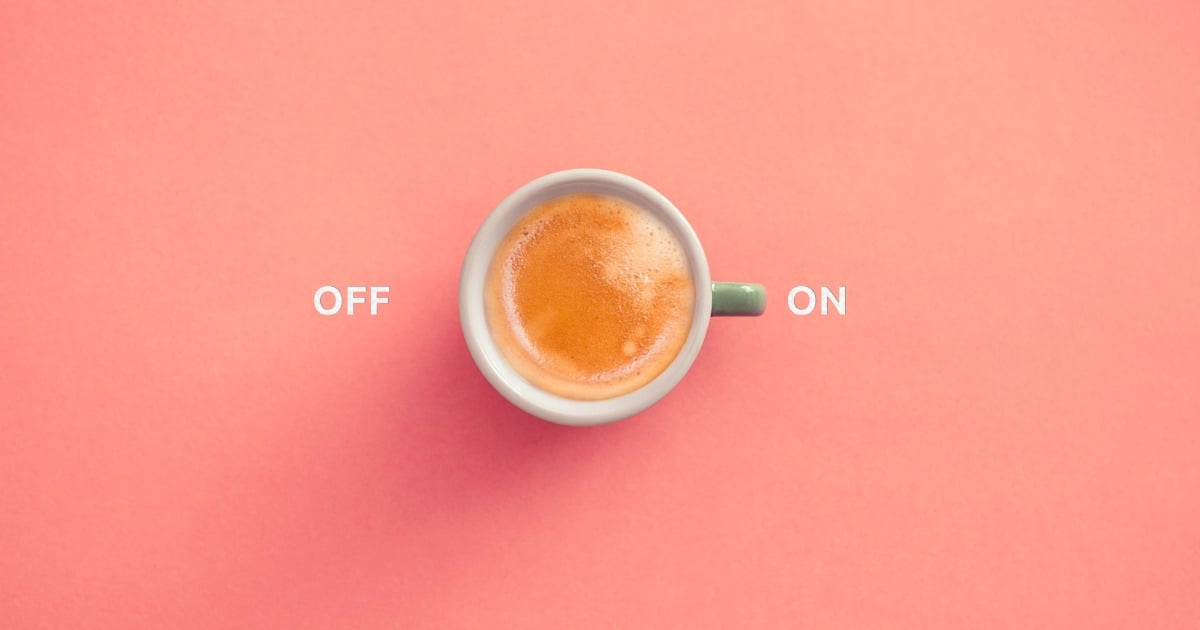

If you’re feeling fatigued just reading this, don’t worry, you’re not alone.
From waking up tired to feeling beyond exhausted from the simplest of tasks and spending countless days of your life thinking ‘maybe my iron is low’, the vast majority of us have been there.
Thankfully, though, there are solutions to the problem. The first step is getting to the bottom of what’s causing the fatigue, so that you can get the right advice to find the best solution for you.
Here’s everything you need to know about fatigue and how to get on top of it.
How common is fatigue?
Put simply, fatigue – not to be confused with chronic fatigue – is a lot more common than you might think.
“Some studies have found that of anyone sitting in a general practitioner’s waiting room, about one in four has experienced fatigue within the last month. So it’s pretty common,” Dr Ginni Mansberg tells Mamamia.
The problem is, though, like pain, measuring fatigue levels between two people can be a difficult business.
“Your level of fatigue or what you experience correlates really poorly with any objective that we find,” Mansberg says. “It’s not like we can consistently say if you feel these things you’re more likely to have that problem because people experience fatigue very differently.”
What are some of the causes of fatigue?
“If fatigue’s been going on for a few weeks but before that you felt fine, it’s very likely to be a virus,” Mansberg says, “But if it’s been going on for at a least a month now, I would look at your lifestyle. It’s amazing how many people say they’re exhausted but don’t accredit the feeling to sleep deprivation. They think the sleep is another thing that they have to deal with.”




